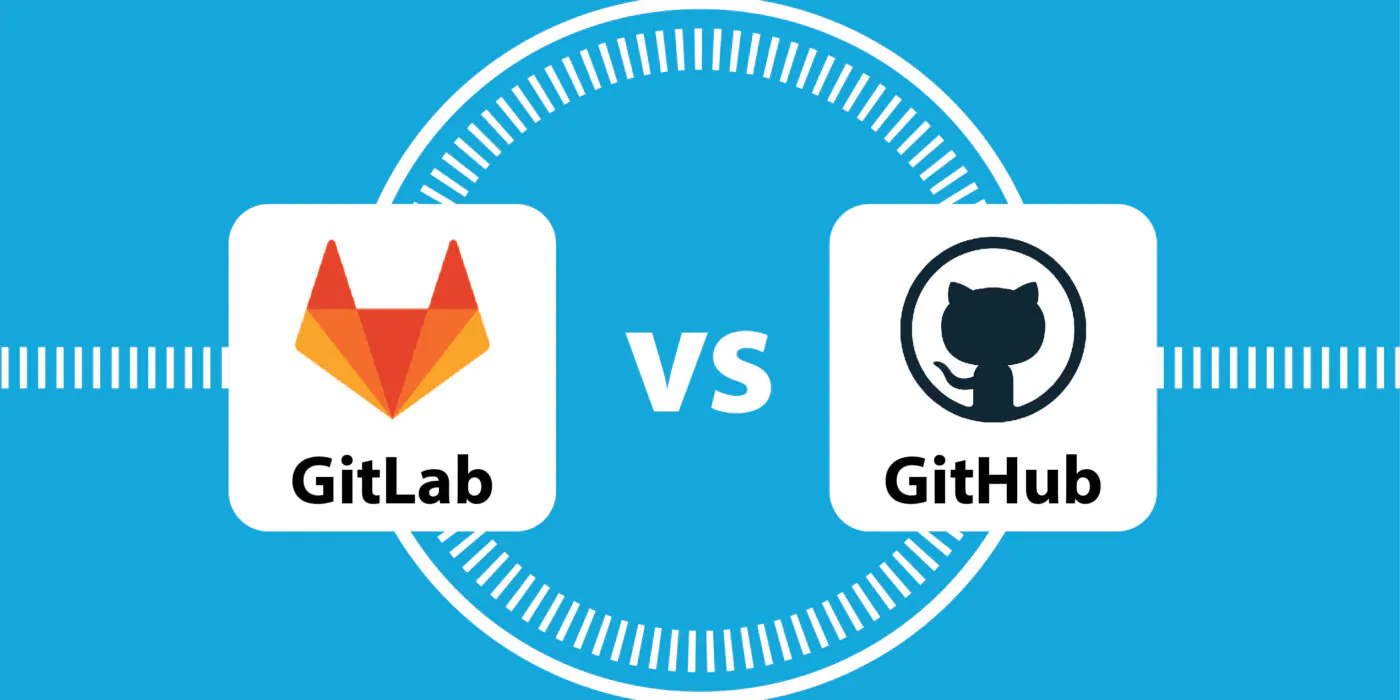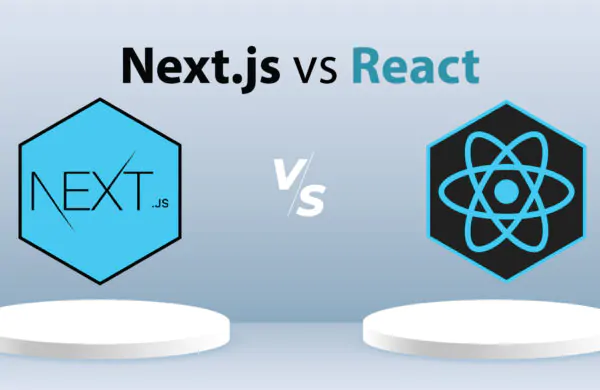In terms of user numbers, GitHub has roughly 56 million users while GitLab has more than 31 million. GitLab, meanwhile, has a distinct market. GitLab is the preferred code repository among Java developers by more than 35%. GitLab provides several appealing features for its consumers, which is a significant number. Undoubtedly, GitHub or GitLab hosts most of the world’s code. In a cloud-based, OSS-dependent environment, it makes perfect sense.
What is Git?
Git is an open-source, efficient version control system that controls changes to computer files and handles small to very large software development projects. Git is a favorite among software engineers because it allows them to work together without interfering with one another’s projects. A snapshot of the whole codebase is taken whenever any change is made, no matter how tiny (and occasionally even when it concerns items unrelated to the code). Engineers can now quickly review or go back to prior code versions as needed as a result. This is necessary for raising coding standards and code quality. Git is different from the typical VCS in that it allows you to swiftly work on numerous branch versions of the software product and manage them to the best of your ability.
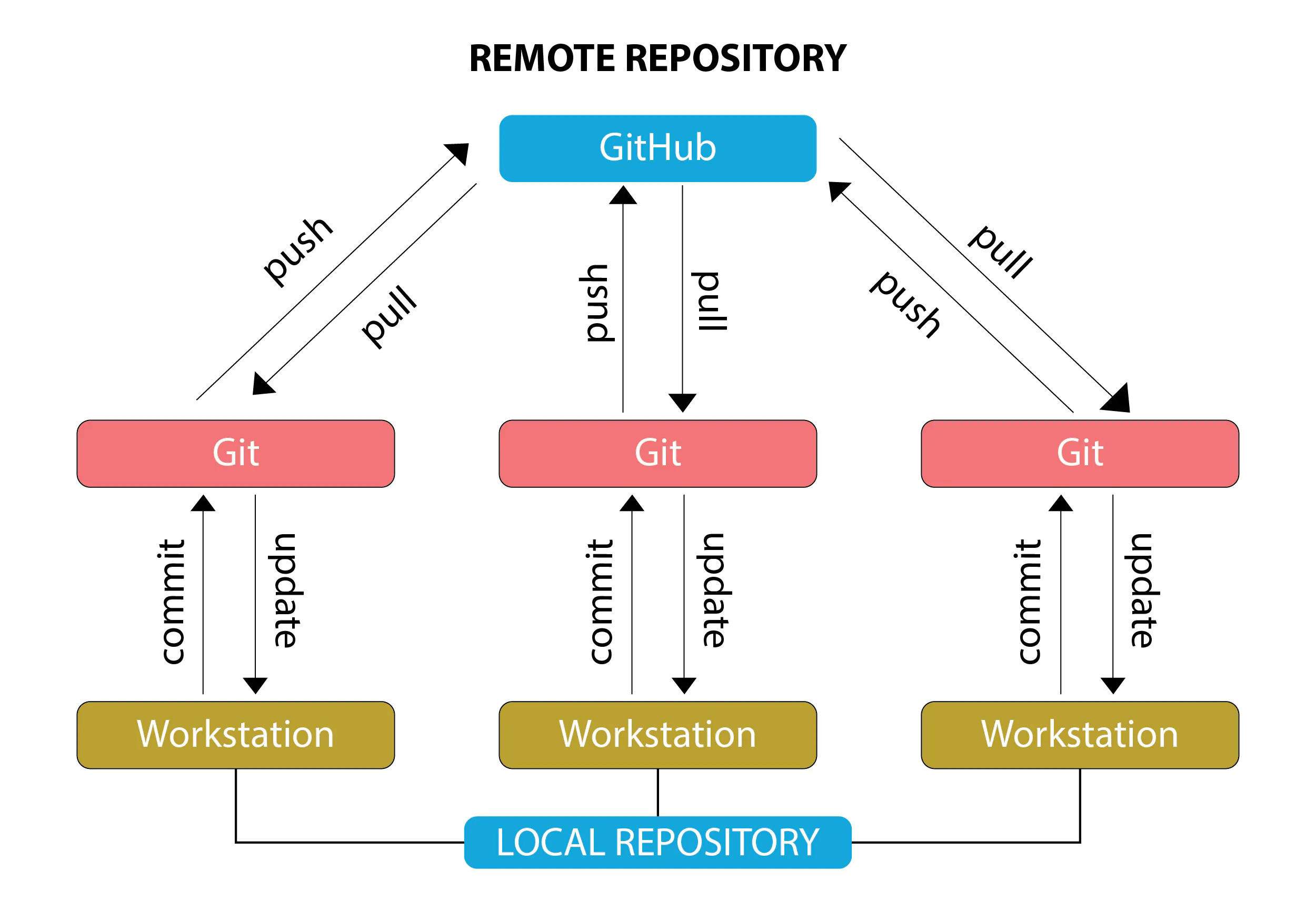
For development teams to engage in feature-based development, Git is a requirement. Over a LAN, you can also manually provide access to additional developers. Git performs better than its forerunners Concurrent Versions System (VCS), Apache Subversion, Rational ClearCase, and Perforce. The primary reason that many VCSs include “Git” in their names is that it may be utilized on your own server. If you want your internal team to develop a program, for example, you can use a local Git instance. Well! You can use Git as one of the centralized VCSs on your own server or cloud.
To make it simpler to collaborate with a dispersed, big, or remote workforce, most firms pick cloud-based solutions. For these kinds of business needs, code-based repositories can be stored indefinitely on GitHub or GitLab. Cloud-based Git repositories, like GitHub and GitLab, do more than just the basic Git functionality, though.
Let’s look beyond the advantages of coordination amongst development teams. A 360-degree collaboration of DevOps tools, dependable code repository management, project management, problem tracking, and many other cutting-edge features can greatly streamline your software project, therefore it is worthwhile to investigate this possibility. Through GitHub or GitLab, this is made practical. It also depends on whether you select a website or a web application.
GitLab vs. GitHub: The Basics
In February 2008, Ruby on Rails (RoR) was used by Chris Wanstrath, Scott Chacon, Tom Preston-Werner, and P. J. Hyett to create GitHub. It attracted a lot of open-source code repositories by taking advantage of the first movers’ advantage. GitLab, on the other hand, debuted later. Developers Valery Sizov and Dmitriy Zaporozhets from Ukraine created it in 2011. GitHub was cleverly created as a bundle of services for code repositories and project collaboration tools.
What does GitLab vs GitHub mean?
Let’s look at the factors that led to the contentious debate over the distinction between GitHub and GitLab. Even though GitLab and GitHub are two of the most popular web-based Git repository hosting services and employ various hosting and maintenance strategies for code repositories, developers routinely compare them.
In addition to hosting Git repositories, GitLab is an all-in-one DevOps platform that also offers project management, CI/CD pipelines, issue tracking, and other features.
In contrast, GitHub has lately added services like CI/CD processes and project management tools. Historically, GitHub has been more focused on hosting and fostering communication around code.
What is GitLab?
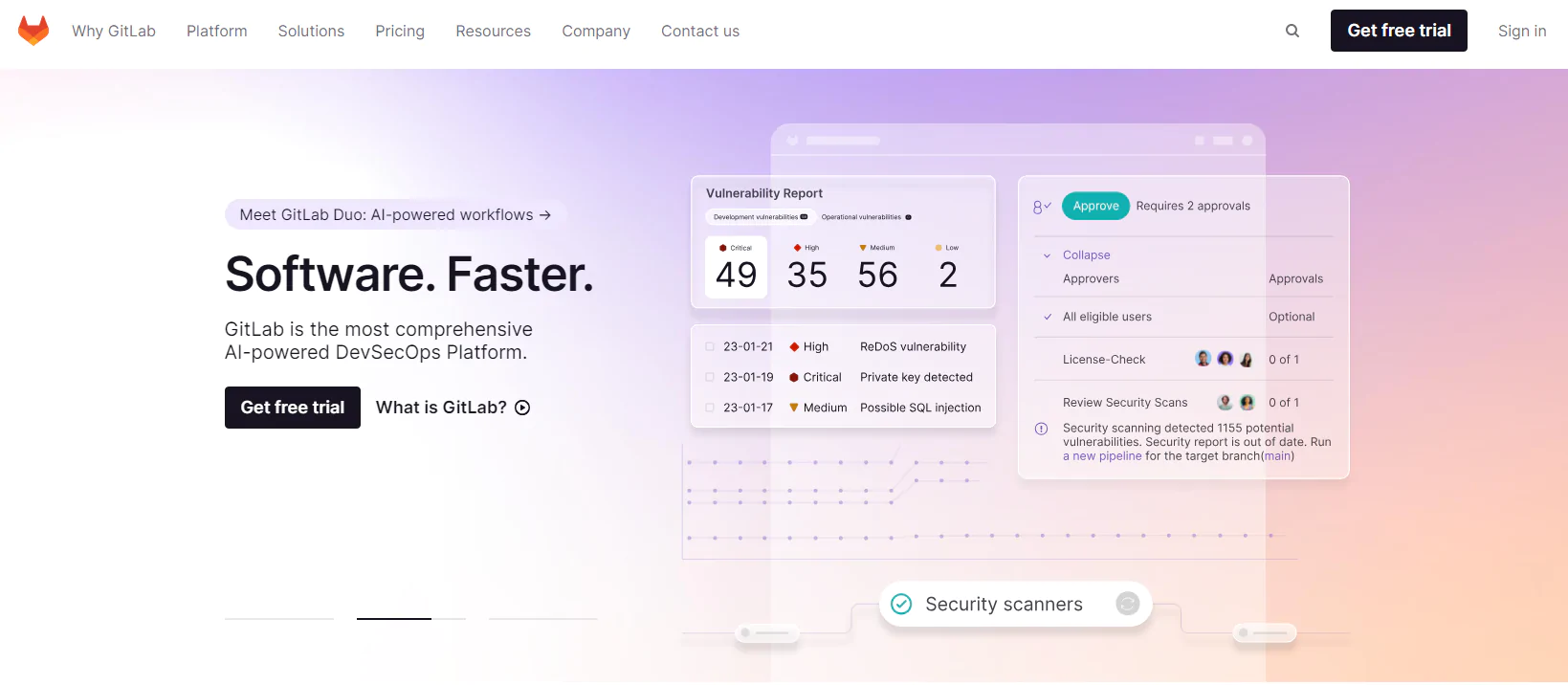
GitLab is a repository hosting manager application used in the software development process. It gives us access to several management tools through which we may streamline our teamwork process for finishing the software development lifecycle. GitLab also gives you the choice of running a GitLab server in your own data center, which can save you money. To handle Git projects, users can set up the GitLab platform on their own server. They may then utilize the software to create for-profit or open-source projects without having to worry about their source code or confidential company information getting into the wrong hands.
The following are some GitLab features:
- More features for authentication and a spontaneous user interface
- Branch protection and User Permission have been improved
- A platform for managing repository editions that is open source
- Simple server-based repository maintenance
- Import a code repository from Google Code or Bitbucket
- Provides tools for efficient development, such as Group Milestones, Time Tracking, and Issue Tracker
Who developed GitLab?
GitLab was developed by two forward-thinking programmers who recognized the need for an improved Git repository management solution. They produced something that has become fundamental to the field of software engineering today. Both Dmitriy and Valery were programmers who, at the time, were dissatisfied with the way that Git repository management worked. They sought to develop a tool that would be more approachable, effective, and scalable for users of all technical backgrounds. GitLab was created as a result. GitLab’s first version was released in 2011, and developers all over the world soon adopted it. GitLab is used by millions of programmers, businesses, and groups of all sizes today.
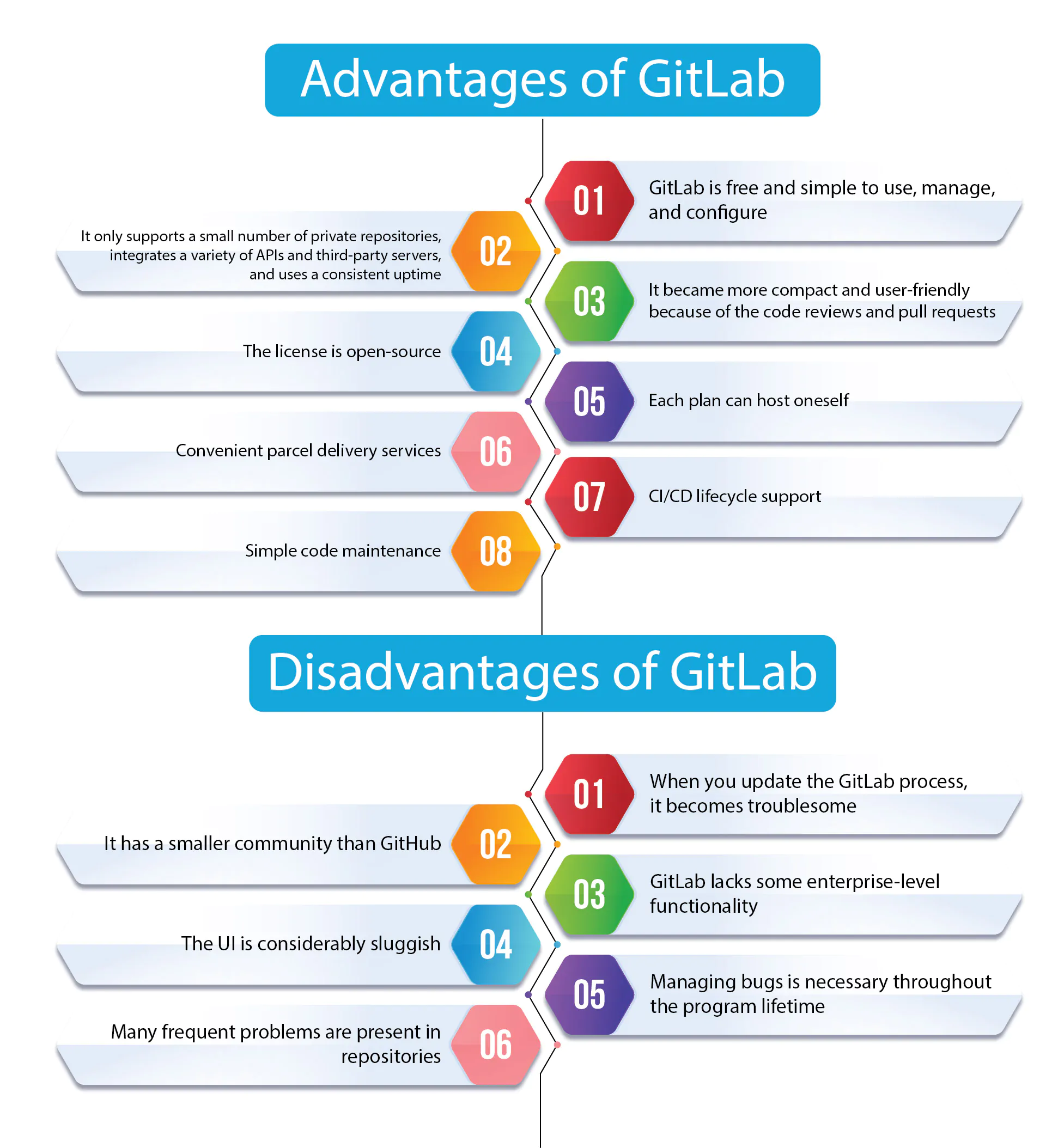
What is GitHub?

The most well-known Git hosting companies include GitHub. An interface with a broad range of features, excellent performance, and enough resources. Git repositories, collaborative work with forks and pull requests, GitHub Actions, automatically run safety checks, and a ticket system with milestones are just a few of the key elements of GitHub.
Users have the option of creating a free account or choosing from a variety of paid choices. Private repository limits have just been removed, allowing you to establish an infinite number of projects that are solely accessible to specific people. Increased storage availability, the ability to use business servers for authentication (single sign-on), and more assistance from GitHub are benefits of paid accounts.
You practically have a cloud solution for your source code if you use GitHub for all your software projects. Because you know you can locate everything on GitHub, you won’t need to look for project data on several machines or in old backups.
In 2027, the Git-based repository hosting platform GitHub will have more users than 40 million, making it the largest source code repository in the world. With GitHub, you may open your projects to the public. Considering this, anyone can access any publicly shared code.
Additionally, GitHub is utilized for personal projects. Along with serving as a basic code repository, GitHub may also be used for wikis, bug tracking, and documentation.
It is a unique cloud-based Git platform that helps developers in keeping track of and testing changes to code. With this all-encompassing development platform, developers have the option to choose and use connectors and apps from the GitHub marketplace.
The following are some GitHub features:
- Assigns labels and milestones to the projects
- Comparison views between branches are permitted
- GitHub Pages enable us to publish and host webpages inside of GitHub
- The syntax highlight feature
- It enables cloud hosting and bug-tracking API integration from third parties
Who developed GitHub?
Chris Wanstrath, PJ Hyett, and Tom Preston-Werner founded GitHub in 2008. These three pioneers aimed to design a platform that would facilitate developer collaboration and code sharing.
The trio’s consensus that the current code collaboration tools were insufficient gave rise to the concept of GitHub. They had an idea for a platform that would be simple to use, packed with useful tools, and open to developers all over the world.
They created the first iteration of GitHub and released the website in April 2008, where it quickly became well-known among programmers.
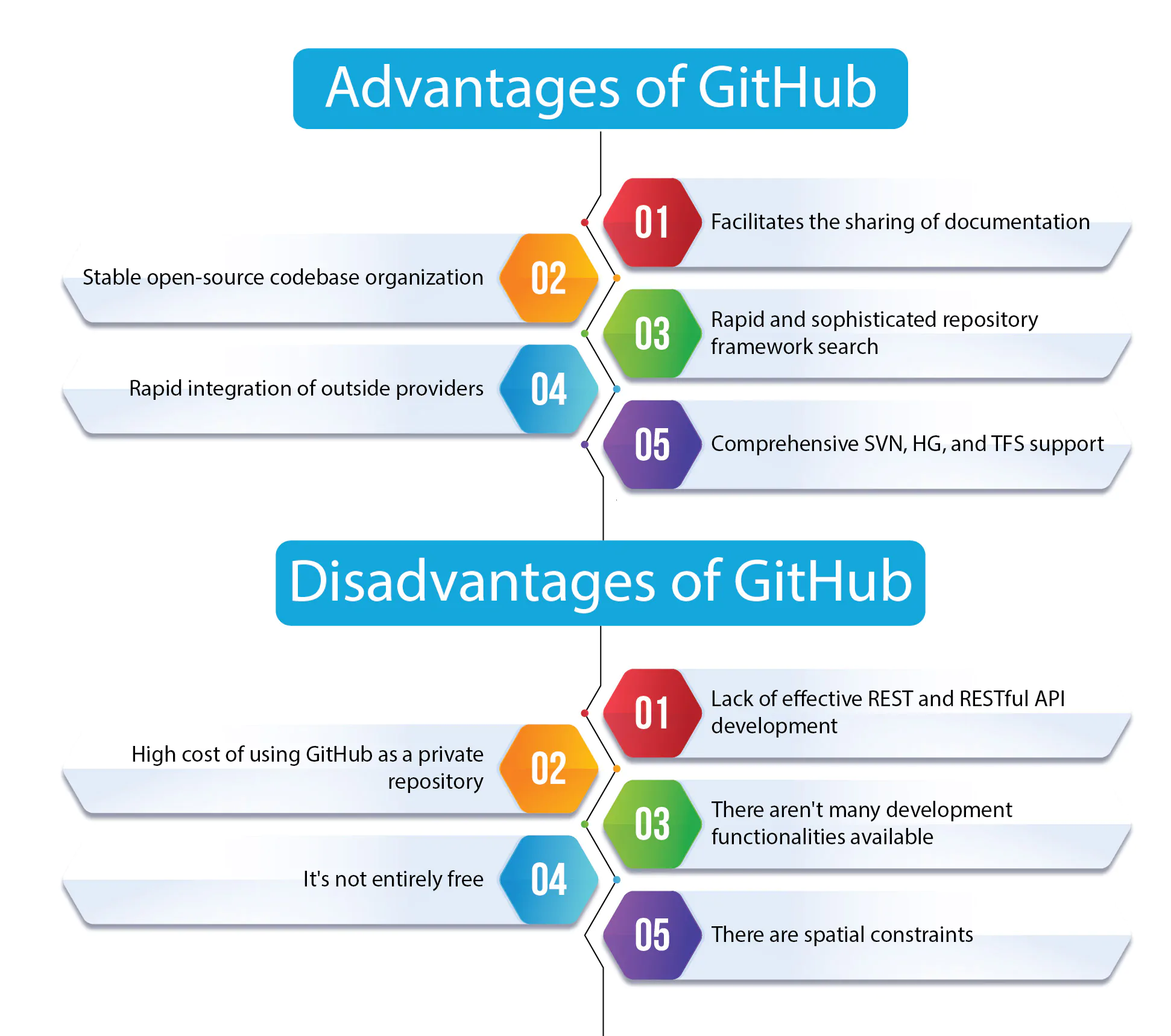
Are GitLab and GitHub the Same Thing?
GitHub and GitLab differ from one another. Two distinct companies provide the two online code repository services. GitLab Inc., a completely remote and privately held business with 1303 employees, is the firm that founded GitLab. On the other hand, GitHub, a Microsoft-affiliated company with more than 1600 employees worldwide, is based in San Francisco.
The similarities between GitHub and GitLab go beyond the obvious distinctions that can be found by comparing their names and home pages.
To provide you with a better knowledge of their background and fundamentals, we will analyse what these two platforms have in common in this part.
| Parameters | GitHub vs GitLab |
| Third-party integration services | Both feature several third-party integrations |
| A problem arises | In both GitHub and GitLab, milestones, assignees, and bug statuses may be swiftly set up |
| Clearly defined labelling | Both make use of a clean labelling strategy to provide more efficient software development monitoring techniques |
| Problem tracking | Both have problem-tracking tools that enable members to be appointed and update their status if a problem arises |
| Self-hosted | Both provide self-hosted versions, whereas GitHub offers enterprise plans |
| CI/CD services | On GitHub, CI/CD services are accessible through third-party applications. GitLab has already been set up |
| Previewing code modifications | With both systems, previewing code changes is feasible |
| Wiki-based documentation | GitLab and GitHub both offer comprehensive wiki-based documentation |
| Multiple issue assignees | GitLab has expensive plans for the same thing, whereas GitHub gives a public repository on a free plan |
| Team discussions | With both, team discussions are feasible |
| Project management dashboards | Dashboards for project management are supported by both |
| Load performance testing | GitLab provides premium plans, whereas GitHub offers load performance testing options in the app |
Difference Between GitHub and GitLab
As you have probably already figured out, GitHub and GitLab have more in common than not. But that does not imply that they lack distinctions. Let’s try to understand the brief comparison before moving on to the tabular comparison between GitHub and GitLab.
GitLab:
- Free private repositories with no contributor limit.
- Tool for managing repositories and used in software development.
- Provides navigation tools within the repository.
- Integrated CI/CD tools and DevOps procedures.
- Allows defining and modifying user authorization roles.
- Emphasizes dependability.
- More secure, including License Compliance.
- A cloud-native service.
GitHub:
- Free private repositories with a limit of three contributors.
- Service for hosting repositories, facilitating collaboration, and access control.
- Allows traversing usability.
- Let’s select CI/CD tools after integration.
- Grants read or write access to repositories.
- Emphasizes speed.
- Less secure due to lacking License Compliance.
- A platform for sharing work with the public.
Here is a detailed table for your reference:
| Parameters | GitLab | GitHub |
| Various levels of authentication | Setting and changing access and permissions in accordance with various roles and responsibilities is simple with GitLab | Using GitHub, you can choose whether to grant team members read-only or write access. |
| CI/CD services | Free CI incorporated within GitLab and DevOps automation tools are available through GitLab CI. | To use CI/CD services, more apps like Heroku are required |
| Import and export | GitLab provides thorough instructions for importing and exporting data from other vendors | Popular Git repositories’ complete documentation is not available on GitHub |
| Workflow | Workflow dependability is a priority for GitLab | GitHub prioritises workflow efficiency |
| Complete platform | GitLab is a pre-packaged whole platform rather than providing options to build a platform with various apps | In addition to several commercial alternatives, GitHub’s store features 374 free apps |
| Self-hosted installation for private server | With GitLab, a free GitLab plan allows you to host a private GitLab version on your virtual computer | Only the GitHub enterprise package offers the option of hosting a private server |
| Open-sourced | The community edition is available as open source | It is closed-source rather than open-source |
| Public repository | It permits programmers to create a public repository | It enables programmers to use the limitless free repository |
| Project Analysis | Users can look at project analysis | Users are unable to access project analysis, although they can look at the commit history |
GitHub vs GitLab Pricing in 2023
| Plan | Features | Price |
| Free | 500MB storage, unlimited collaborators, public repos | Free |
| Team | Private repos, advanced tools, 2GB storage/user | Starting at $4/user/mo |
| Enterprise | Security, compliance, and management tools | Starting at $21/user/mo |
| GitHub One | An enterprise-level solution for all GitHub accounts | $21/user/mo |
However, GitLab pricing offers a comparable selection of plans, including.
| Plan | Features | Price |
| Free | 10GB storage, unlimited collaborators, private repos | Free |
| Premium | Pipelines, CI/CD, code review, bug tracking | Starting at $19/user/mo |
| Ultimate | Enterprise security, compliance, governance | Starting at $99/user/mo |
GitHub and GitLab provide varied pricing to suit needs. GitHub is slightly cheaper for small-medium teams, while GitLab offers advanced features for bigger organizations.
Which One to Choose between GitHub and GitLab in 2023?
The decision between GitHub and GitLab, both of which are effective platforms for maintaining code and working on software projects, completely depends on your individual requirements and preferences.
When should GitLab be preferred over GitHub?
GitHub:
- Preferred open-source development platform since it has a larger community.
- The best for working on or contributing to open-source projects.
GitLab:
- A reasonable option with an unlimited number of free private repositories.
- Provides extensive built-in functionality including CI/CD and project management.
- Ideal for needs in project management and complex functionality.
- Offers strong security mechanisms, such as mandated code reviews and access restrictions.
When should GitHub be preferred over GitLab?
GitLab:
- Superior with cutting-edge features and user access control for private projects.
- For more control over repositories and data, it can be self-hosted.
- Code review, problem tracking, CI/CD integration, etc.
- Due to the integrated approach, fewer external integrations are required.
- Extremely adaptable and customized to match individual demands.
GitHub:
- Excellent for collaborative and open-source projects, cloud-based service.
- Provides similar functionality, however, some demand additional connectors.
- Fewer customizability choices than GitLab.
- Without explicit criteria, it might satisfy common version control needs.
Conclusion
Choosing between GitLab and GitHub hinges on your needs. GitHub suits a large developer community preference, while GitLab is cost-effective and flexible. Each has pros and cons. GitHub excels with a vast community, while GitLab’s features benefit entrepreneurs. GitLab’s edge lies in unlimited private repos, appealing to users. Integration with platforms like Google Cloud adds value. However, GitHub’s wider recognition and larger user base tilt preferences. Its ubiquity aids collaboration globally. For substantial projects, GitHub’s popularity might appeal.
FAQs
Who developed GitLab and GitHub?
GitLab was developed by programmers Dmitriy Zaporozhets and Valery Sizov in 2011, while GitHub was founded by Chris Wanstrath, PJ Hyett, and Tom Preston-Werner in 2008.
What are the differences between GitHub and GitLab?
While both GitHub and GitLab are web-based Git repositories, there are some key differences between the two. GitHub is more focused on open-source projects and has a larger user base, while GitLab offers more features and flexibility, including the ability to host your own repositories on your own servers. Additionally, GitLab offers built-in continuous integration and deployment, whereas GitHub requires integration with external services for these features.
GitHub vs GitLab: Which is Right for You?
The choice between GitLab and GitHub ultimately depends on your specific needs and preferences. GitHub is more popular and widely used, especially for open-source projects, while GitLab offers more features and flexibility, including the ability to host your own instance. Consider factors such as your team size, project requirements, and desired level of control when making your decision.
Can I use GitHub or GitLab for personal projects?
Both GitHub and GitLab are popular platforms for hosting and managing code repositories, and they can be used for personal projects. GitHub is more widely used and has a larger community, while GitLab offers more features and flexibility. Ultimately, the choice between the two depends on your specific needs and preferences.
What is GitHub used for?
GitHub is a web-based platform that allows developers to store, manage, and collaborate on their code. It is commonly used for version control, allowing multiple developers to work on a project simultaneously and track changes. It also provides features for issue tracking, code review, and project management.

